Relationship

Letting Go With Grace: Emotional Tools for Closure
Letting go is never easy. Whether we are parting ways with a loved one, ending a relationship, leaving a job, or saying goodbye to a cherished chapter of life, the emotional weight can feel overwhelming. Yet, closure is essential for our emotional well-being. Without it, we carry unresolved grief, anger, regret, or longing that can seep into new relationships and experiences, holding us back from healing and growth.

Healing After Heartbreak: A Mental Health Perspective
Heartbreak doesn't just break your heart—it can shatter your sense of identity, peace, and purpose. Whether the end was expected or abrupt, mutual or one-sided, short-lived or long-term, the aftermath often leaves people emotionally disoriented. In Indian culture, where societal expectations and family involvement in romantic relationships are prevalent, the pain is not just personal—it is public. Yet, very few are taught how to heal from emotional loss in a healthy, sustainable way.

How Depression Can Affect Your Relationship—And What You Can Do
Depression is not just an internal struggle—it ripples outward, affecting relationships, routines, and the emotional fabric that holds people together. When someone is dealing with depression, it's not only their world that becomes dim—it can cast a shadow over their most intimate connections too. In a country like India, where open conversations about mental health are still rare and love is often equated with endurance, depression within a relationship can become invisible, misunderstood, or misjudged.

When One Partner Struggles: Supporting Mental Health in Relationships
Relationships are a beautiful blend of shared experiences, emotional growth, and mutual care. But they also come with challenges—especially when one partner is struggling with their mental health. In a society like India, where mental health is still heavily stigmatized, couples often find themselves ill-equipped to handle psychological distress in their relationship.

Are You Really Listening? Improving Communication in Relationships
Communication is the lifeline of every meaningful relationship. Yet, in countless homes—particularly across India—couples, friends, and families frequently experience breakdowns not due to a lack of words, but because of a lack of listening. We often equate speaking with communicating and hearing with understanding. But true communication involves something far deeper: active, empathetic, and intentional listening.

How to Practice Self-Care in an Indian Household Without Feeling Guilty
Self-care is often seen as a luxury in Indian households, where responsibilities and family expectations take priority over personal well-being. From childhood, we are taught to put others first, to serve, to sacrifice, and to constantly meet societal and family obligations. This deeply ingrained cultural mindset often makes self-care feel like an act of selfishness.

Employee Motivation 2.0: Modern Hacks vs. Traditional Methods
Sitting in his corner office, Amit, the CEO of a fast-growing tech firm, rubbed his temples in frustration. “We’re losing good people,” he muttered, scanning the latest resignation letter on his desk. “Our turnover is skyrocketing, productivity is slipping, and I can feel the low energy in the office. What’s going wrong?”

Parental Pressure and Mental Health: The Unspoken Struggle of Indian Youth
Parental expectations are a universal experience, but in India, they often come with immense pressure. From scoring high marks 📚 to securing a high-paying job 💼, the burden on Indian youth is immense. While parents want the best for their children, excessive expectations can take a toll on mental health, leading to anxiety, depression, and even suicidal thoughts.

The Mental Health Crisis Among Indian Students: What Can Be Done?
In recent years, the mental health crisis among Indian students has become a growing concern. The pressure to excel academically, social expectations, economic constraints, and personal struggles create a highly stressful environment that takes a toll on their mental well-being. While awareness about mental health is increasing, there is still a significant gap in access to proper care and support. Addressing this issue requires a collective effort from educational institutions, parents, policymakers, and mental health professionals.

Healing Through Grief: Understanding the Stages of Loss and How to Cope
Grief is an inevitable part of life, touching everyone at some point. It’s an emotional, physical, and psychological response to loss, whether that loss comes from the death of a loved one, the end of a relationship, losing a job, or missing out on opportunities. For many, grief is a solitary and isolating experience, leaving individuals overwhelmed, confused, and unsure of how to move forward.

How Technology Fuels Procrastination and Tips to Combat Digital Distractions
Technology has revolutionized the way we live, work, and connect with others. However, it has also introduced a pervasive challenge: digital distractions. From social media notifications to endless scrolling on video platforms, technology often becomes a major contributor to procrastination. In this blog, we’ll explore the science behind how technology fuels procrastination, the psychological impact of digital distractions, and actionable strategies to regain control of your focus and productivity.

Loneliness and Mental Health: Why It’s More Than Just Feeling Alone
In an increasingly connected world, loneliness has emerged as a paradoxical epidemic affecting millions globally. While loneliness might seem like a simple feeling of being alone, its implications run deeper, affecting not just emotional well-being but also physical and mental health. In this blog, we delve into the profound connection between loneliness and mental health, explore its effects, and discuss how platforms like CareMe Health can provide a lifeline to those struggling with isolation.

Understanding and Managing Social Anxiety: Tips for Teenagers
Social anxiety is more common than most people realize, especially among teenagers who are navigating the challenges of school, friendships, social media, and family expectations. For teens facing social anxiety, the pressures of school, social gatherings, and public situations can feel overwhelming, sometimes resulting in avoidance, negative self-talk, or a sense of isolation. In India, as well as globally, social anxiety has seen an uptick, partly fueled by social media and academic pressures. Understanding and managing social anxiety is crucial for building confidence and enjoying life’s opportunities. Here’s an in-depth look at what social anxiety is, why it’s particularly prevalent during teenage years, and how to address it effectively.

Friendship Breakups: How to Handle Losing Friends and Moving Forward
Friendships are integral to our lives, especially during the teenage years when friends become a central part of our identity and support system. However, just as romantic relationships can end, friendships can also change or dissolve, leaving emotional challenges in their wake. A friendship breakup can be emotionally overwhelming, but understanding ways to cope and move forward can help make the process smoother.

The Long-Term Effects of Gaslighting: Healing and Rebuilding Confidence
Gaslighting is a form of psychological manipulation that causes someone to doubt their perceptions, emotions, or memories. Over time, gaslighting can erode a person’s self-worth and confidence, leading to profound and long-lasting effects on mental health. Though it’s often associated with romantic relationships, gaslighting can occur in various settings, including families, friendships, and workplaces. Understanding the toll it takes and how to heal from it is essential for anyone who has experienced this form of manipulation.

The Science of Happiness: Understanding Mental Health and How to Cultivate Joy
In a world that seems to be constantly demanding more from us, the quest for happiness has become more pressing than ever. But what does science tell us about happiness? Is it merely the absence of sadness, or is there something deeper and more profound about cultivating joy? In this comprehensive blog, we will delve into the scientific understanding of happiness, how it impacts mental health, and what actionable steps you can take to bring more joy into your life.
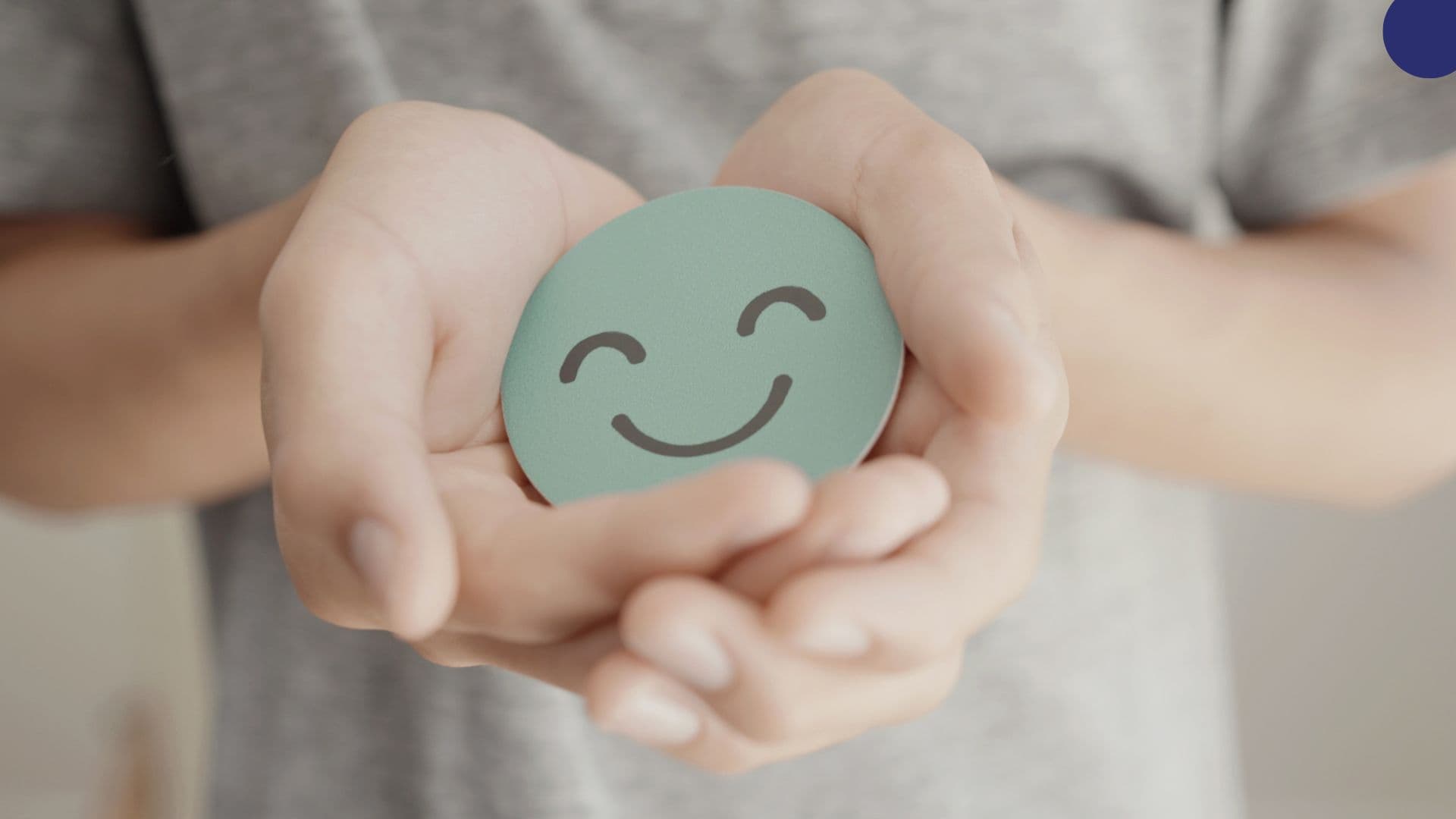
Why Prioritizing Your Mental Health Leads to Greater Happiness in All Areas of Life
In a world where success is often measured by external achievements, prioritizing mental health may seem secondary. However, research has shown that taking care of your mental well-being directly impacts your happiness, relationships, productivity, and overall quality of life. This is a critical area to consider, especially in our fast-paced society. Let's dive deeper into the connection between mental health and happiness and explore how making your mental health a priority can transform your life.

How Mindfulness and Meditation Can Help Reduce Anxiety and Improve Mental Health
In today’s fast-paced world, where stress and anxiety seem to be ever-present, mindfulness and meditation have emerged as powerful tools to improve mental health. These practices, rooted in ancient traditions yet backed by modern science, offer effective strategies to combat the mental strain many of us experience daily. By helping you become more present and grounded, mindfulness and meditation can pave the way for a more peaceful and resilient mind.

Importance of Mindfulness in Student Life: Techniques to Reduce Stress
Student life can be both exciting and stressful. It’s a journey filled with academic challenges, social pressures, and the constant need to balance responsibilities. Amid this fast-paced environment, students often feel overwhelmed, anxious, or emotionally drained. To navigate through these experiences and promote well-being, mindfulness has emerged as a powerful technique to reduce stress and build resilience.

The Role of Family Support in Mental Health Recovery: How to Be There for Your Loved Ones
Mental health recovery is a journey that not only involves the individual struggling but also the people around them. Family support can be one of the most vital elements in helping someone recover from mental health challenges like depression, anxiety, addiction, or trauma. In a world where stigma around mental health still exists, having a supportive family can help break down barriers, provide much-needed understanding, and offer a stable foundation for recovery. This blog will explore why family support is crucial for mental health recovery, provide actionable ways to offer that support, and explain how CareMe Health can empower families to support their loved ones more effectively.

Coping with Exam Anxiety: Practical Tips for Students
Exams are a significant part of academic life, but they often come with stress and anxiety. While a little stress can motivate students to study, excessive anxiety can hinder their performance and affect their mental and physical health. Exam anxiety can manifest in various ways, such as nervousness, panic, fear of failure, and even physical symptoms like headaches or nausea. Thankfully, there are effective ways to cope with this anxiety and improve concentration, retention, and performance during exams.

How Social Media Affects Mental Health: Tips for Healthy Use
In today's digital age, social media is an integral part of our daily lives. From connecting with friends and family to sharing moments and ideas, platforms like Facebook, Instagram, and Twitter have transformed the way we communicate. However, while social media offers numerous benefits, it also has a profound impact on mental health that warrants attention. Understanding both the positive and negative effects can help us navigate our online interactions more mindfully.

The Connection Between Physical and Mental Health: Why It Matters
Physical and mental health are deeply interconnected, and the impact one has on the other is significant. For a long time, these two aspects of health were treated as separate entities, but modern science has demonstrated that the well-being of the body and the mind are intrinsically linked. A person experiencing chronic physical illness may develop mental health issues such as anxiety or depression, while those dealing with mental health challenges are at a higher risk of developing physical conditions like heart disease, diabetes, or chronic pain.
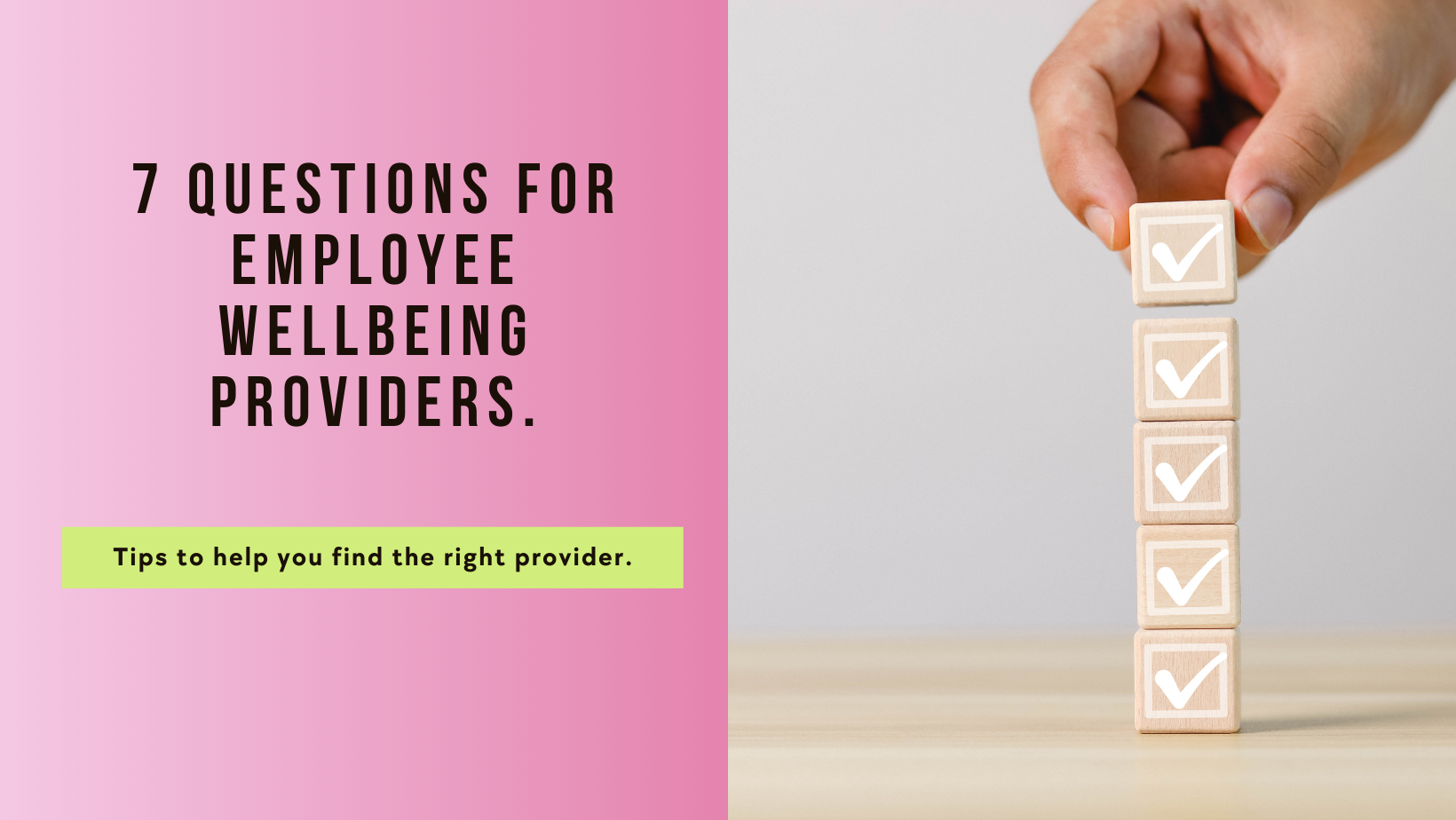
7 questions you should ask every employee wellbeing provider
7 questions you should ask every employee wellbeing provider Selecting an employee well-being provider is a critical decision for organizations committed to fostering a healthy and productive workplace. With the growing awareness of mental health in India, companies are increasingly seeking comprehensive solutions like CareMe Health to support their employees' well-being. When evaluating potential providers, asking the right questions can guide you to make an informed choice that aligns with your organization's values and needs. Here are seven essential questions to consider, backed by insights from studies and real-world practices.
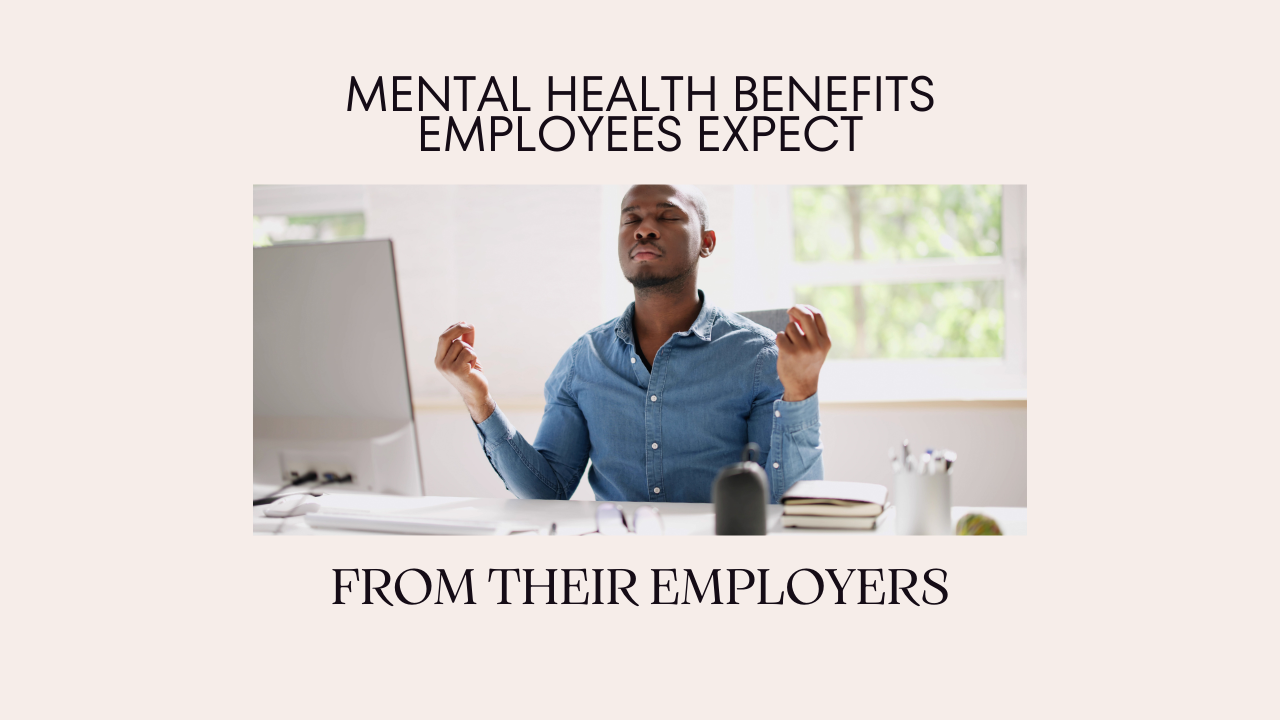
The mental health benefits employees expect from their employers
The Mental Health Benefits Employees Expect from Their Employers As we navigate the complexities of the modern workplace, the importance of mental health support has never been clearer. Employees across India are seeking workplaces that not only acknowledge but actively support their mental well-being. Here's what employees are looking for and how CareMe Health is meeting these needs.
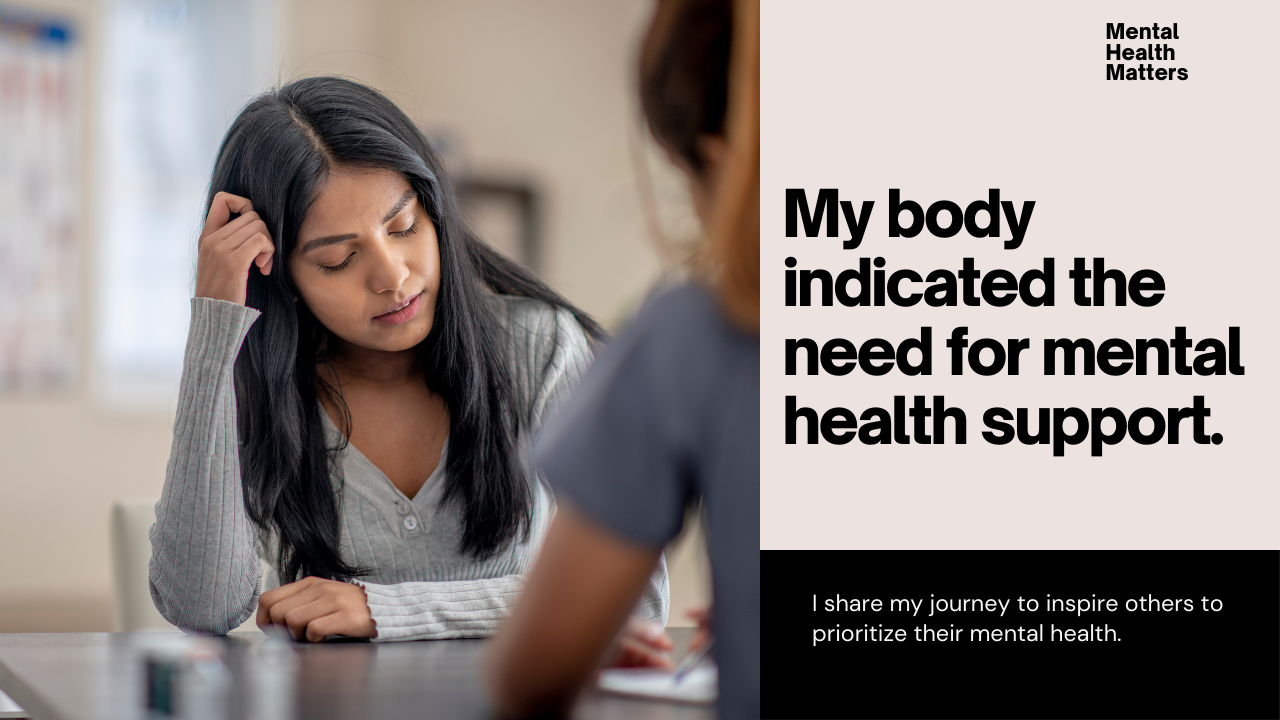
How My Body Showed Me I Needed Mental Health Support
In a world that moves at breakneck speed, it's easy to attribute our recurring headaches, sleepless nights, or that inexplicable tightness in our chests to the physical demands of our daily routines. We often dismiss these symptoms as mere byproducts of our busy lives, overlooking the possibility that our bodies might be signaling something deeper. This oversight is a common narrative, underscoring a universal truth: the intricate and often unnoticed connection between our physical well-being and mental health.
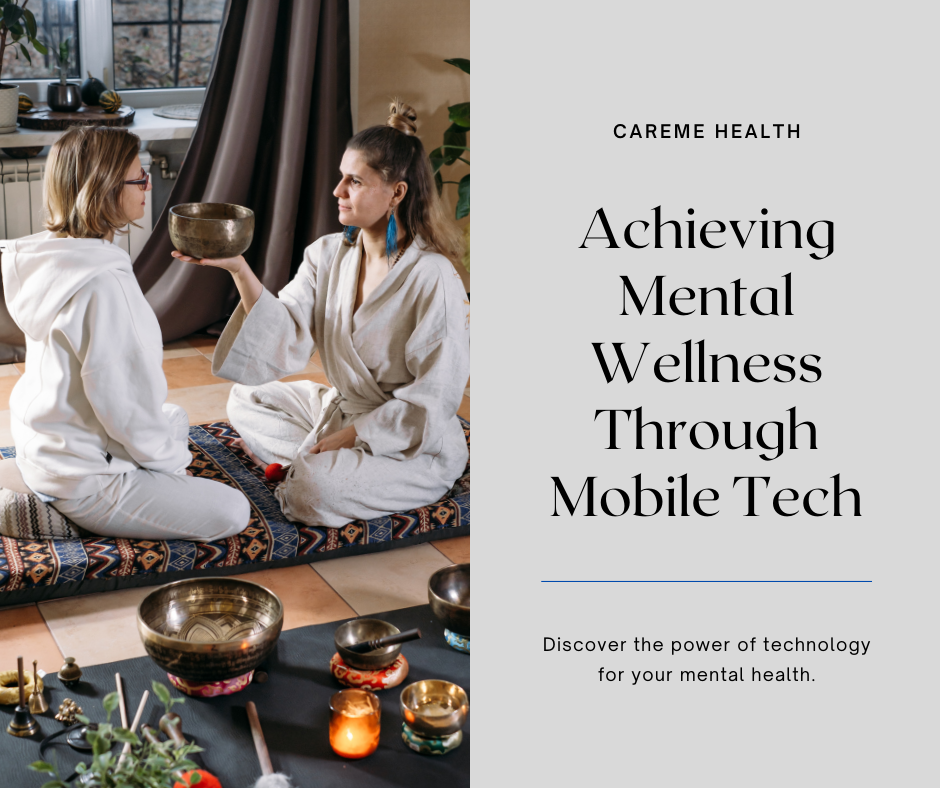
Mental health care and mobile tech: How CareMe achieves the magical mix
Mental Health Care and Mobile Tech: The Magical Mix of CareMe Health In today's fast-paced world, where the lines between physical and digital realms increasingly blur, mental health care has found a new ally in mobile technology. CareMe Health, an avant-garde mental health startup based in India, is at the forefront of this revolution, offering a harmonious blend of traditional care principles and cutting-edge technology. Let's explore how CareMe Health
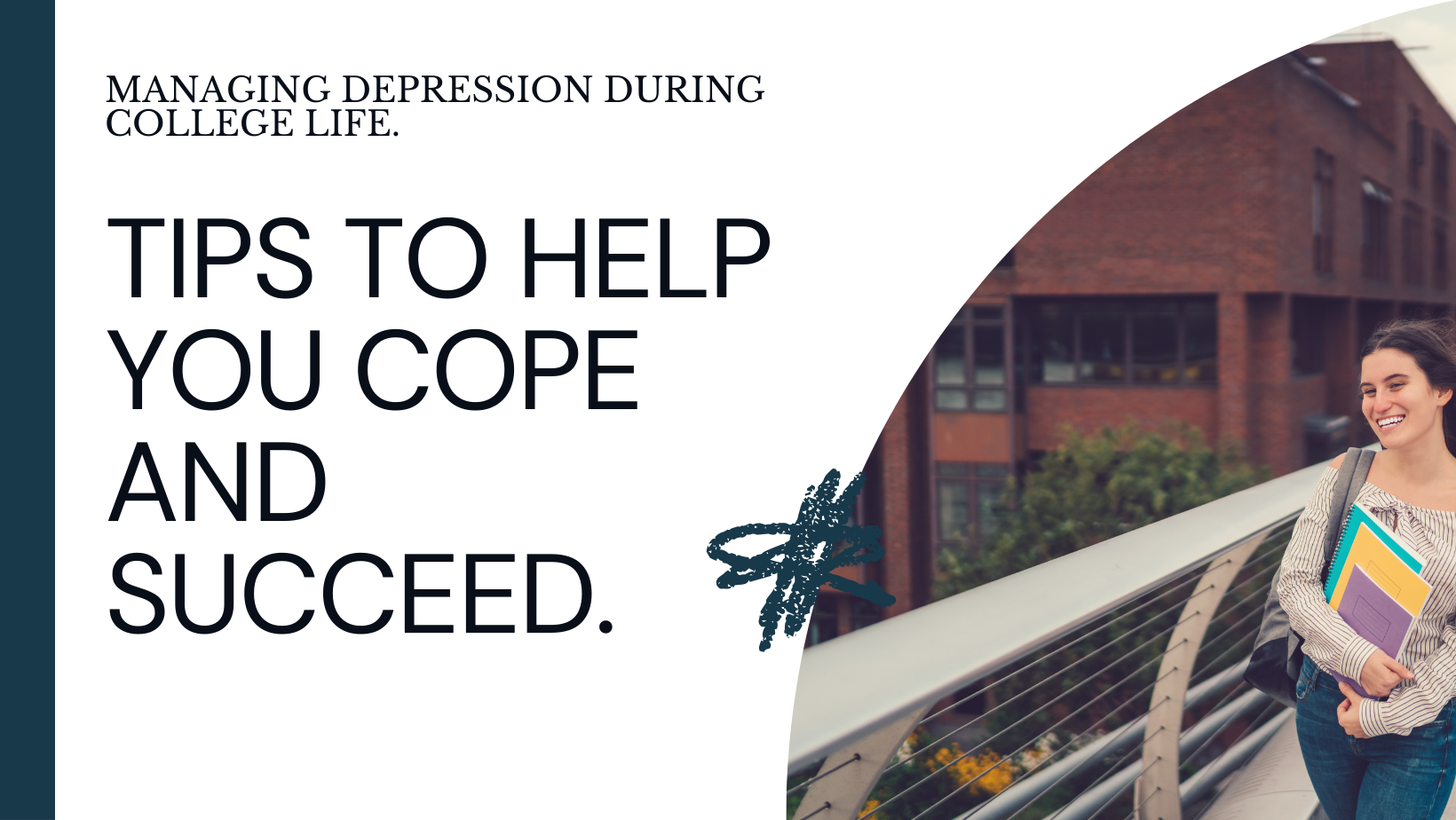
College Blues Getting You Down? Tips to Manage Depression During Studies
College Blues Getting You Down? Tips to Manage Depression During Studies College is a time of exploration, learning, and growth. But for many students across India, it's also a period marked by stress, anxiety, and sometimes, depression. The transition to college life, coupled with academic pressures and personal adjustments, can be overwhelming. If you're feeling the college blues, you're not alone. Here are some actionable tips to help you manage depression during your studies, with a special focus on how CareMe Health can support you on this journey.
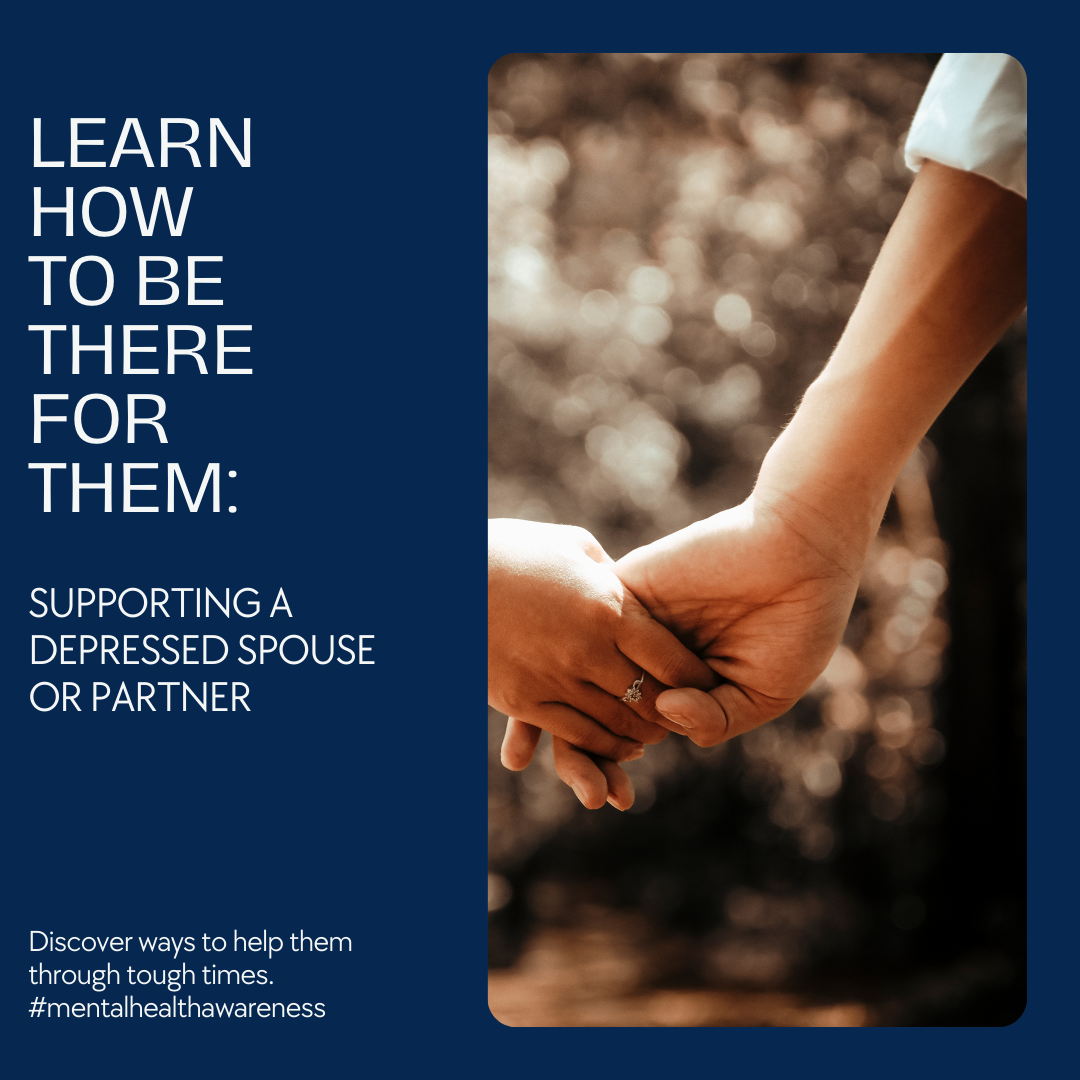
Supporting a Depressed spouse or Partner: Ways to Be There for Them
Supporting a Depressed Spouse or Partner: Ways to Be There for Them Witnessing a loved one struggle with depression can be heart-wrenching. In the intricate tapestry of Indian society, where relationships are the cornerstone of life, the impact of a partner's depression not only affects them but also reverberates through the entire family. Understanding how to support a depressed spouse or partner is crucial in aiding their journey toward healing while also maintaining your well-being.
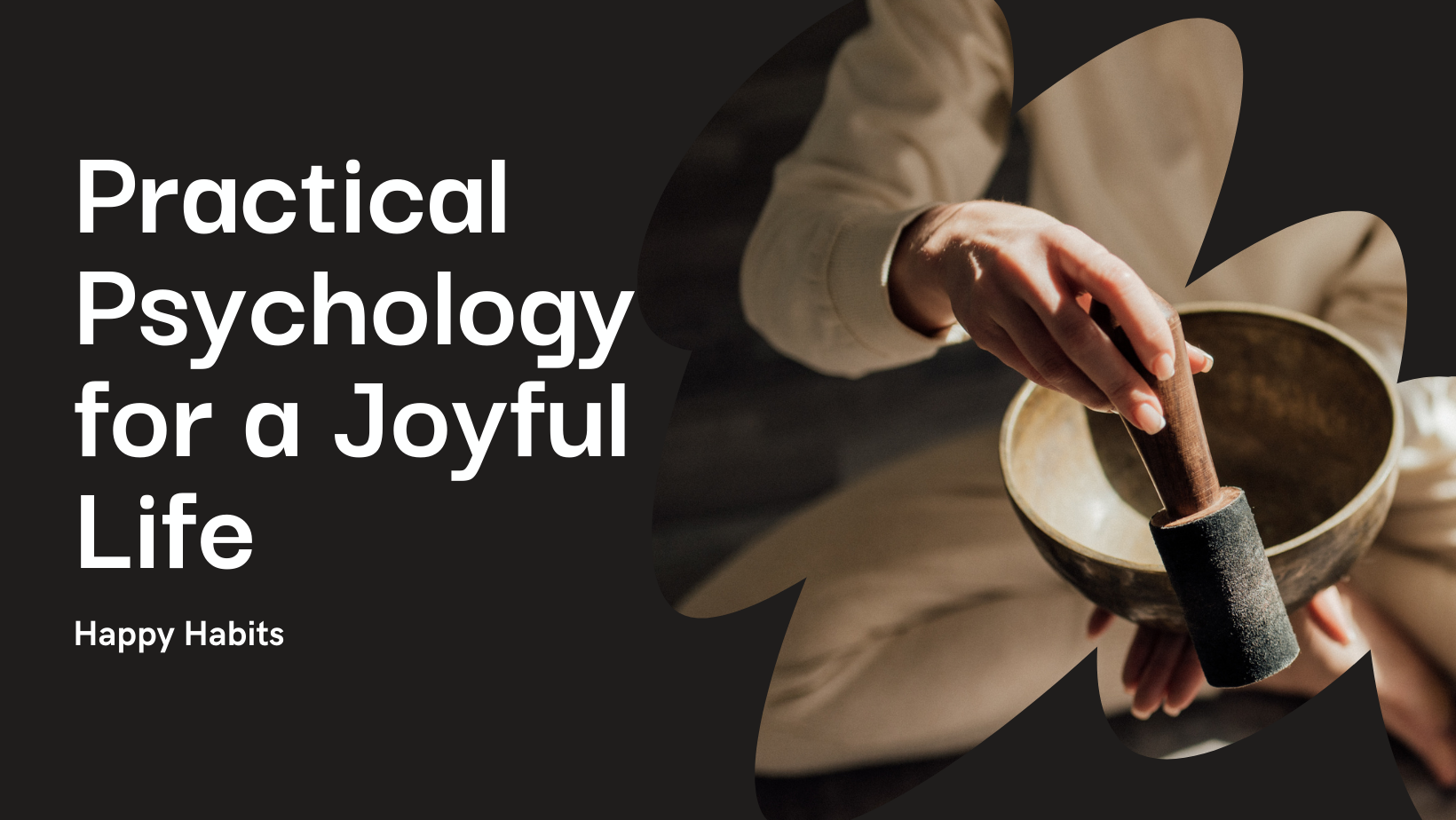
Pursuing Happiness:Practical Psychology Tips for a Joyful Life
The pursuit of happiness is a universal quest, deeply embedded in the human experience. It's more than just an emotional state; happiness is a crucial component of our overall well-being, influencing our life choices, health, and relationships.
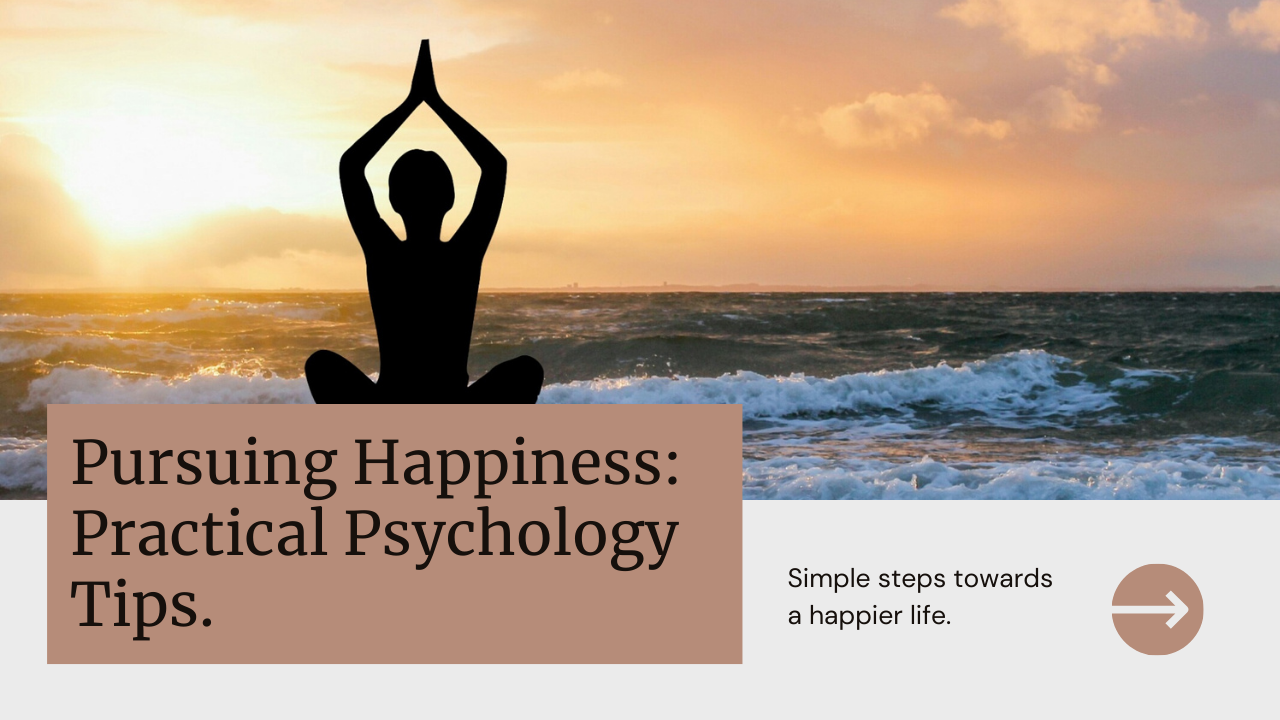
Pursuing Happiness: Practical Psychology Tips for a Joyful Life
In the relentless pursuit of happiness, we find ourselves navigating through the complexities of life, where each moment presents a new challenge. The universal quest for happiness is as old as humanity itself, yet in today's fast-paced, technology-driven world, this pursuit has taken on new dimensions. Happiness, once considered a byproduct of external circumstances, is now understood through a more introspective lens, where mental health plays a pivotal role.
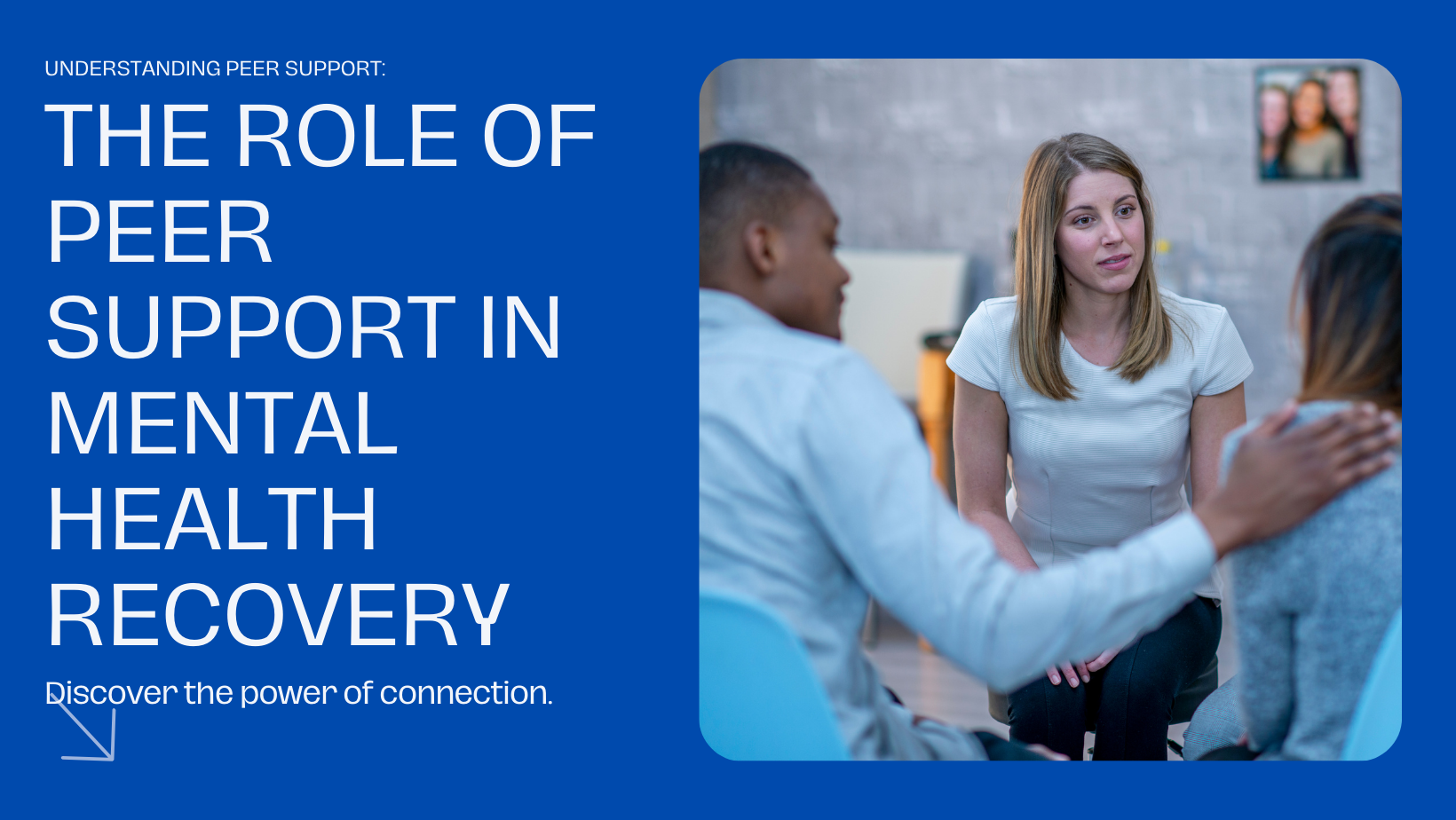
The Role of Peer Support in Mental Health Recovery
In recent years, India has witnessed a significant shift in the way mental health is perceived and discussed. With the increasing awareness about mental well-being, there's a growing recognition of the importance of comprehensive support systems in the journey of mental health recovery. Amidst this evolving landscape, the concept of peer support emerges as a cornerstone, offering unique benefits that complement traditional therapeutic interventions.
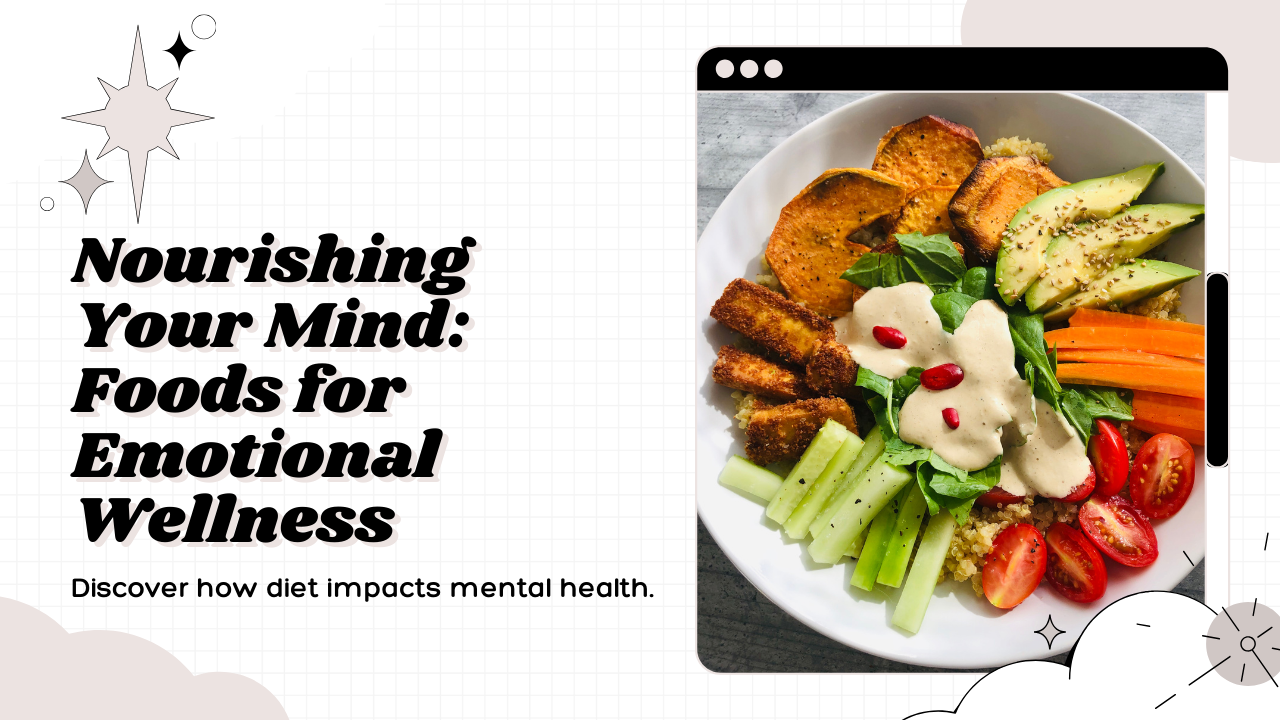
Diet and Mental Health Connection: Foods That Boost Emotional Well-being
Have you ever noticed how a warm cup of masala chai can uplift your mood on a stressful day or how a plate of your favorite biryani can bring a smile to your face? In a country as diverse and vibrant as India, where every festival, season, and region has its own culinary delights, food is not just sustenance; it's a source of joy, comfort, and tradition. But beyond the immediate pleasure it brings, have you considered the deeper impact of your diet on your mental well-being?

Athlete Mental Health: Lessons in Resilience and Mental Toughness
In the high-stakes world of competitive sports, the story of Indian cricket star Virat Kohli's candid disclosure about his struggles with mental health has been a beacon of hope and a call to action. Kohli, admired not just for his prowess on the field but also for his courage off it, opened up about the immense mental pressures elite athletes face, shedding light on an often-overlooked aspect of sports: mental health. His bravery in sharing his challenges serves as a powerful reminder that mental strength is as crucial as physical agility in achieving peak athletic performance.

Practicing Self-Compassion: Why Kindness Starts with You.
In the bustling rhythm of modern life, where the pursuit of success often leads to self-criticism and relentless comparison, the gentle art of self-compassion emerges as a beacon of inner peace and mental resilience. Self-compassion, a concept deeply rooted in psychological research, encourages an attitude of kindness and understanding towards oneself during times of failure or distress, rather than harsh self-judgment.
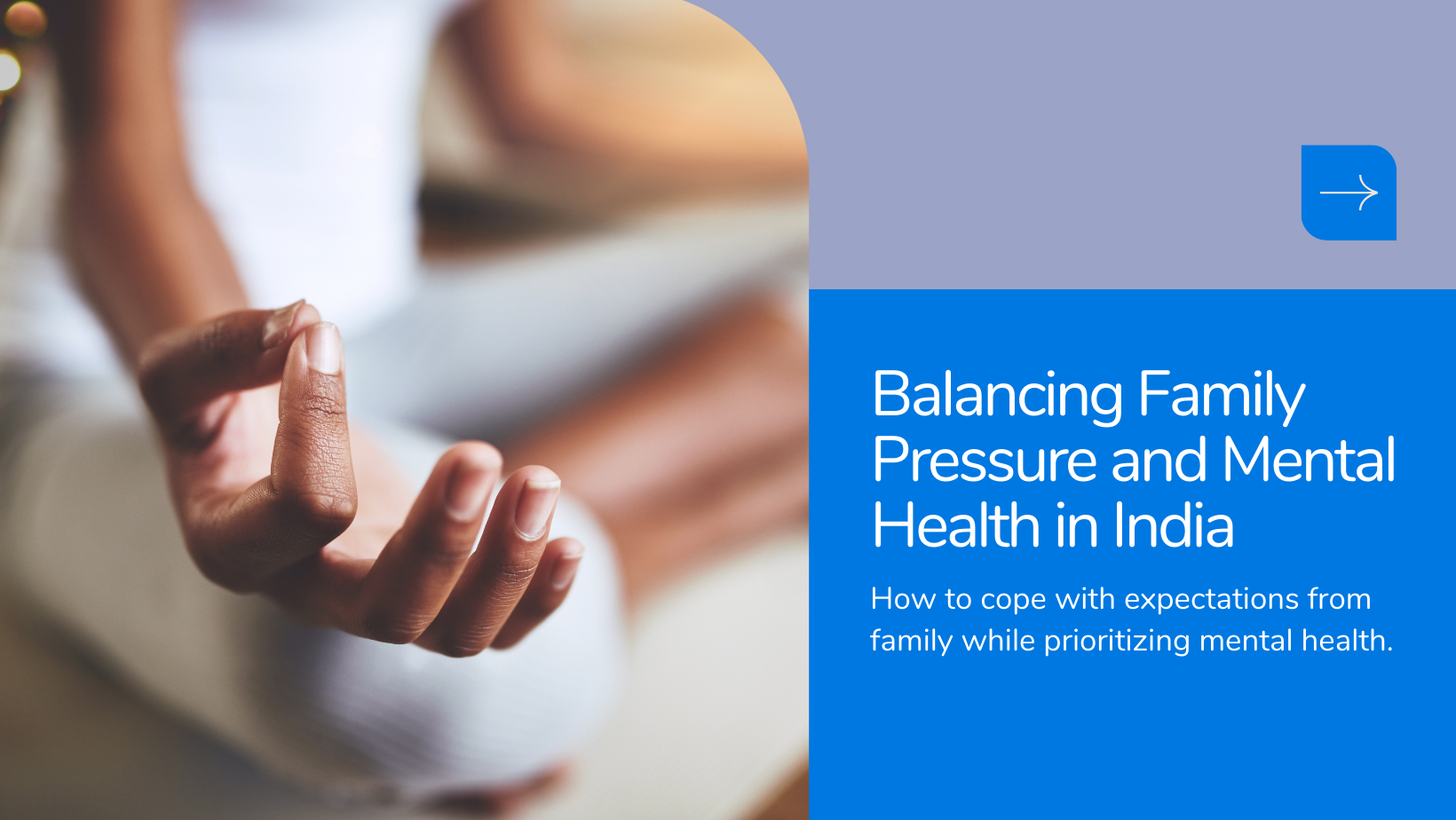
Balancing Expectations: Family Pressure and Mental Health in India
Amidst these pressures, finding a sense of balance and a safe space for support is crucial. CareMe Health emerges as a beacon of hope for those navigating the complex interplay of familial expectations and personal aspirations. Offering a range of mental health services tailored to the unique needs of the Indian community, CareMe Health provides the tools and resources to manage the stresses associated with family pressures, fostering a healthier, more balanced approach to meeting these challenges.

Seeing Your Ex Move On: Coping Strategies for Healing
Have you ever scrolled through your social media feed only to come across a photo of your ex smiling ear to ear with someone new? That sinking feeling in your stomach, the rush of emotions flooding back—it's a scenario many of us have experienced, and it's not easy to navigate. Breakups are tough, but seeing your ex move on can feel like reopening old wounds.

Pre-Wedding Jitters: Managing Anxiety Before the Big Day
In this article, we will delve into the intricacies of pre-wedding jitters, exploring the factors that contribute to its onset and the ways in which it can impact mental well-being. From understanding the root causes of pre-wedding anxiety to practical strategies for managing and mitigating its effects, we will navigate this emotional terrain with compassion and insight. Whether you're a bride-to-be or a groom on the verge of saying "I do," our aim is to equip you with the tools and knowledge to navigate the journey to the altar with confidence and grace.

12 Telltale Signs Of A Toxic Workplace And How To Solve Them
Recognize the signs of a toxic workplace environment and explore actionable solutions to create a healthier work atmosphere. Learn strategies for fostering positive workplace dynamics.
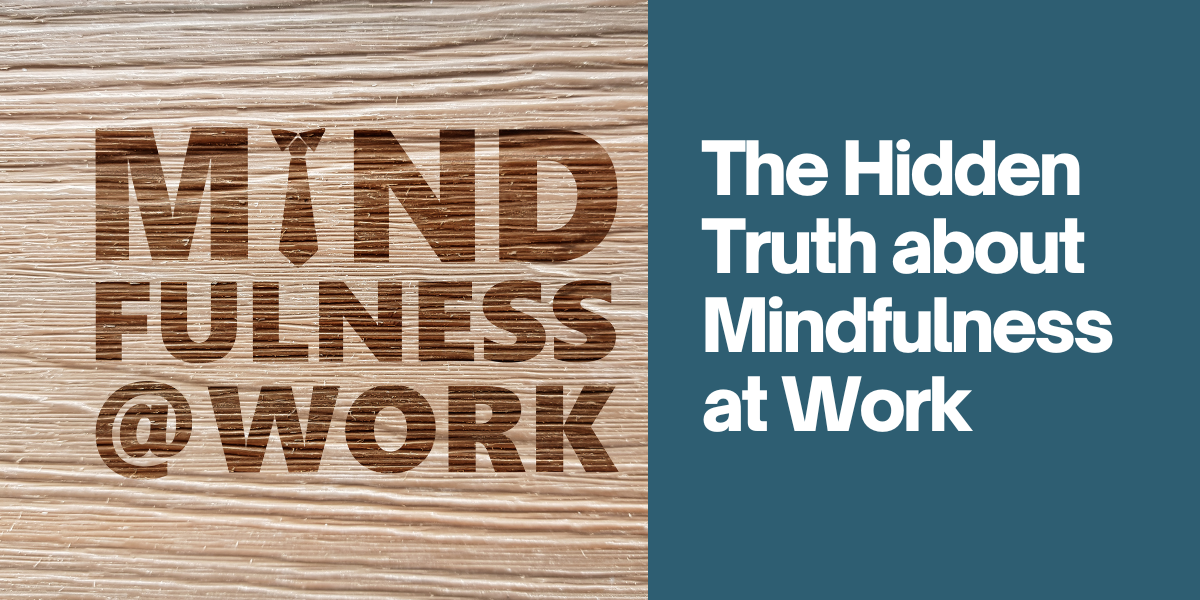
What Employers Aren’t Telling You About Mindfulness At Work
Mindfulness has become a popular buzzword in the corporate world, with many companies incorporating it into their work culture as a way to improve employee well-being and increase productivity

6 Steps Of Effective Decision Making
The “Define the problem and gather information” process is the first step in problem-solving. It involves identifying the issue that needs to be addressed, clarifying the nature of the problem, and collecting all the relevant information to help in the resolution.
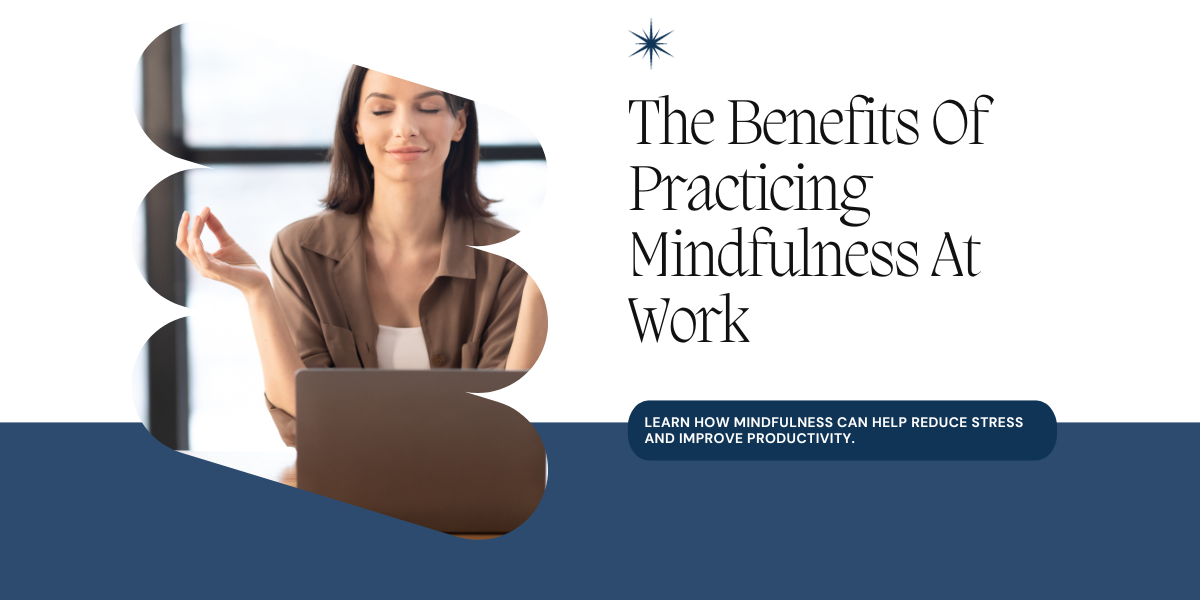
The Benefits Of Practicing Mindfulness At Work
In today’s fast-paced and demanding work environment, employees are facing increasing levels of stress, burnout, and unhappiness.

Why Mental Health Matters For Founders: A Guide To Self-Care
Explore the importance of mental health for founders and entrepreneurs. Learn practical self-care techniques to maintain well-being while navigating the challenges of entrepreneurship.
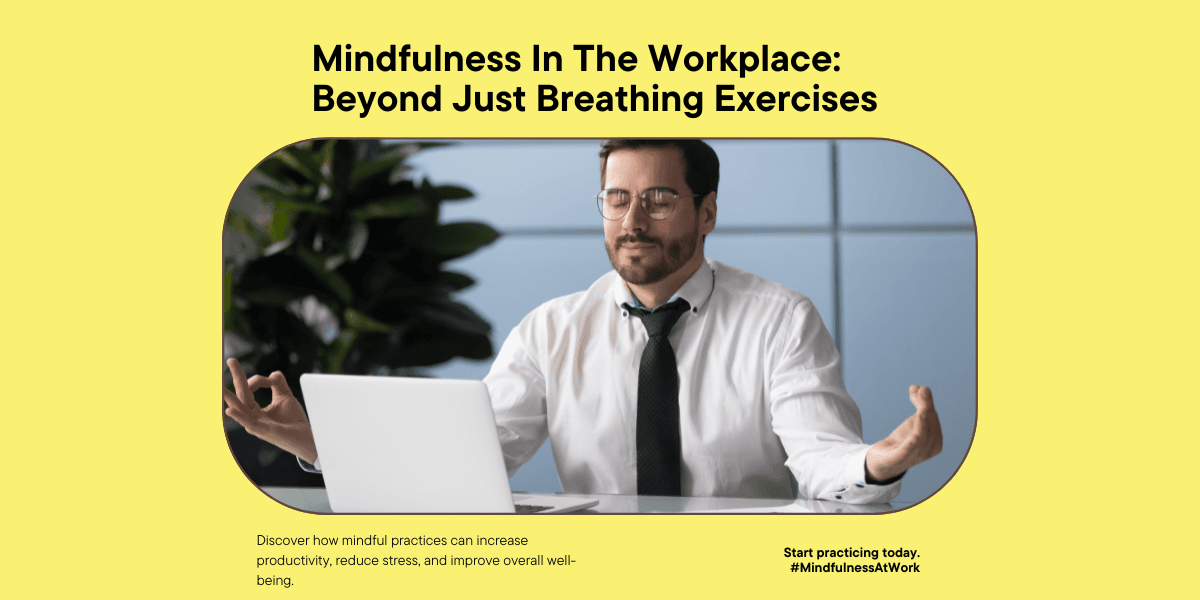
Mindfulness In The Workplace: Beyond Just Breathing Exercises
Mindfulness is an increasingly popular trend in the workplace, with many organizations promoting it as a way to boost productivity, reduce stress and improve overall well-being.

How To Know If You Need Therapy
We face challenges or difficult times every now and then in our life. Knowing when you need professional help will benefit you in better dealing with your distress.

Navigating Seasonal Changes
Seasonal changes can have a significant impact on our physical and mental health. The shift in weather, daylight hours, and social activities can affect our mood, energy levels, and sleep patterns.
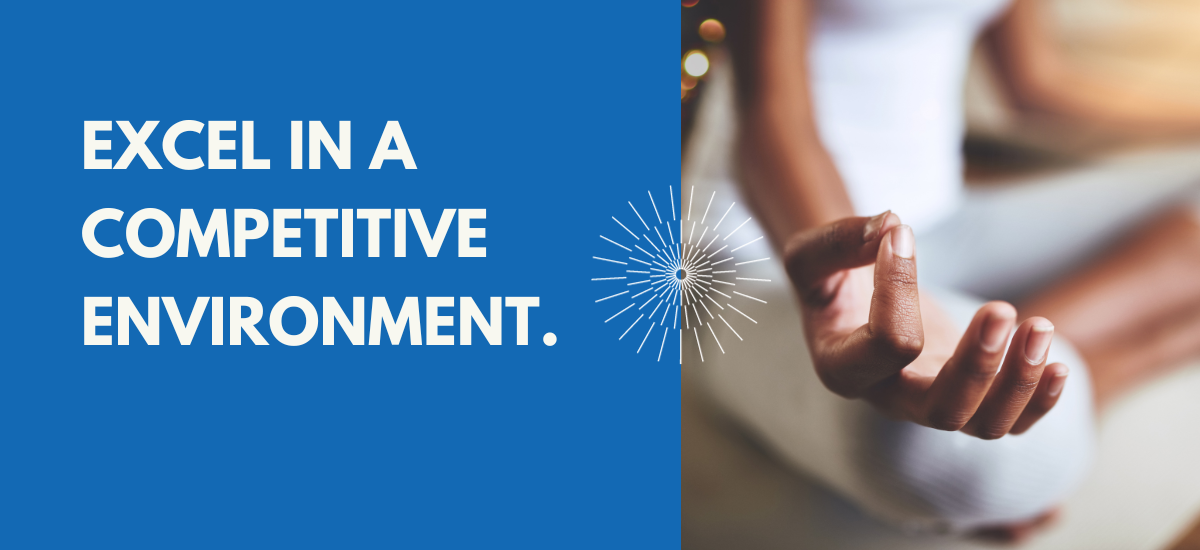
Calm And Confident: How To Excel In A Competitive Environment
Competition is an inevitable part of life, and it can be especially intense in a professional setting. While a certain level of competition can be healthy and drive us to perform our best, excessive competition can lead to stress and burnout.
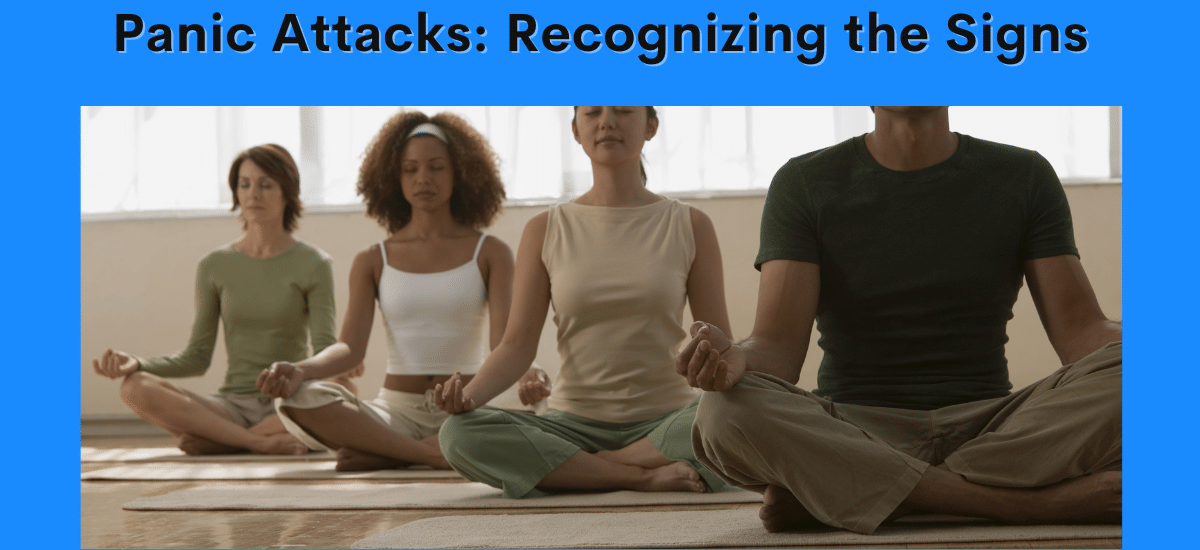
Panic Attacks: Know The Signs
Understand the signs of panic attacks and learn strategies to cope with them. Discover effective ways to manage anxiety and regain control of your mental health.
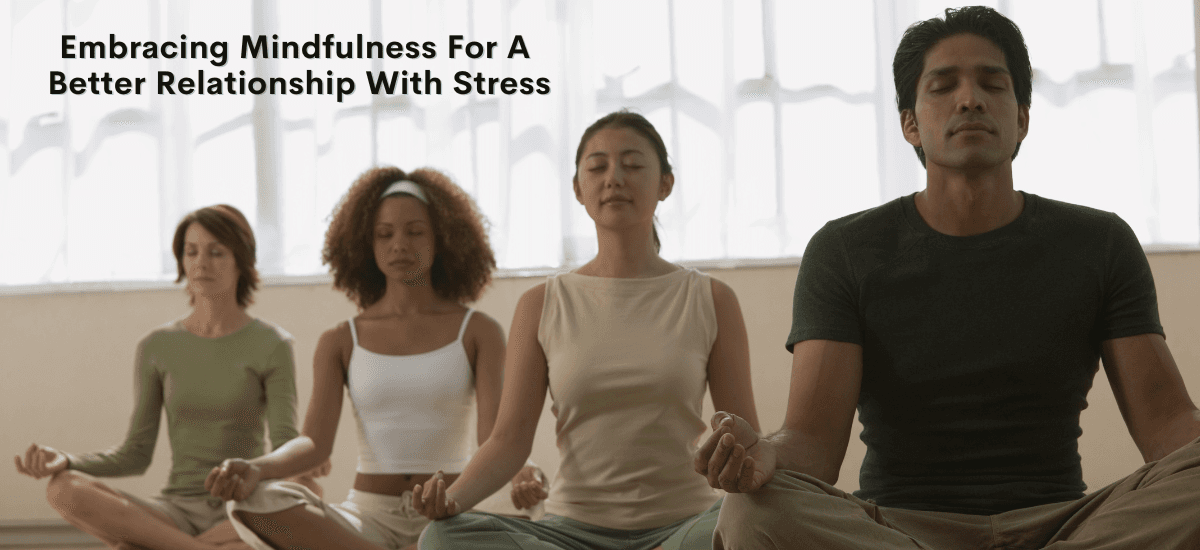
Embracing Mindfulness For A Better Relationship With Stress
Stress is a part of everyone’s life and can often be seen as a negative thing. However, stress can also be a positive force in our lives if we learn how to manage it properly. Improving our relationship with stress can lead to better mental and physical health
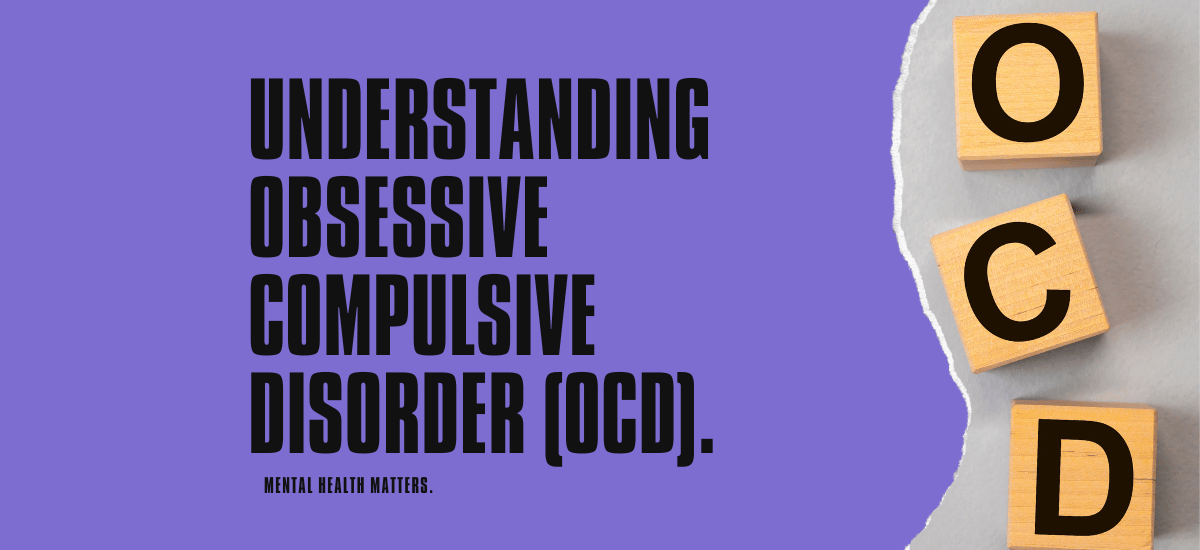
Obsessive Compulsive Disorder (OCD): Symptoms, Causes, And Treatment
Explore the complexities of Obsessive Compulsive Disorder (OCD), including its symptoms, underlying causes, and effective treatment options. Gain a deeper understanding of managing OCD for improved mental health.